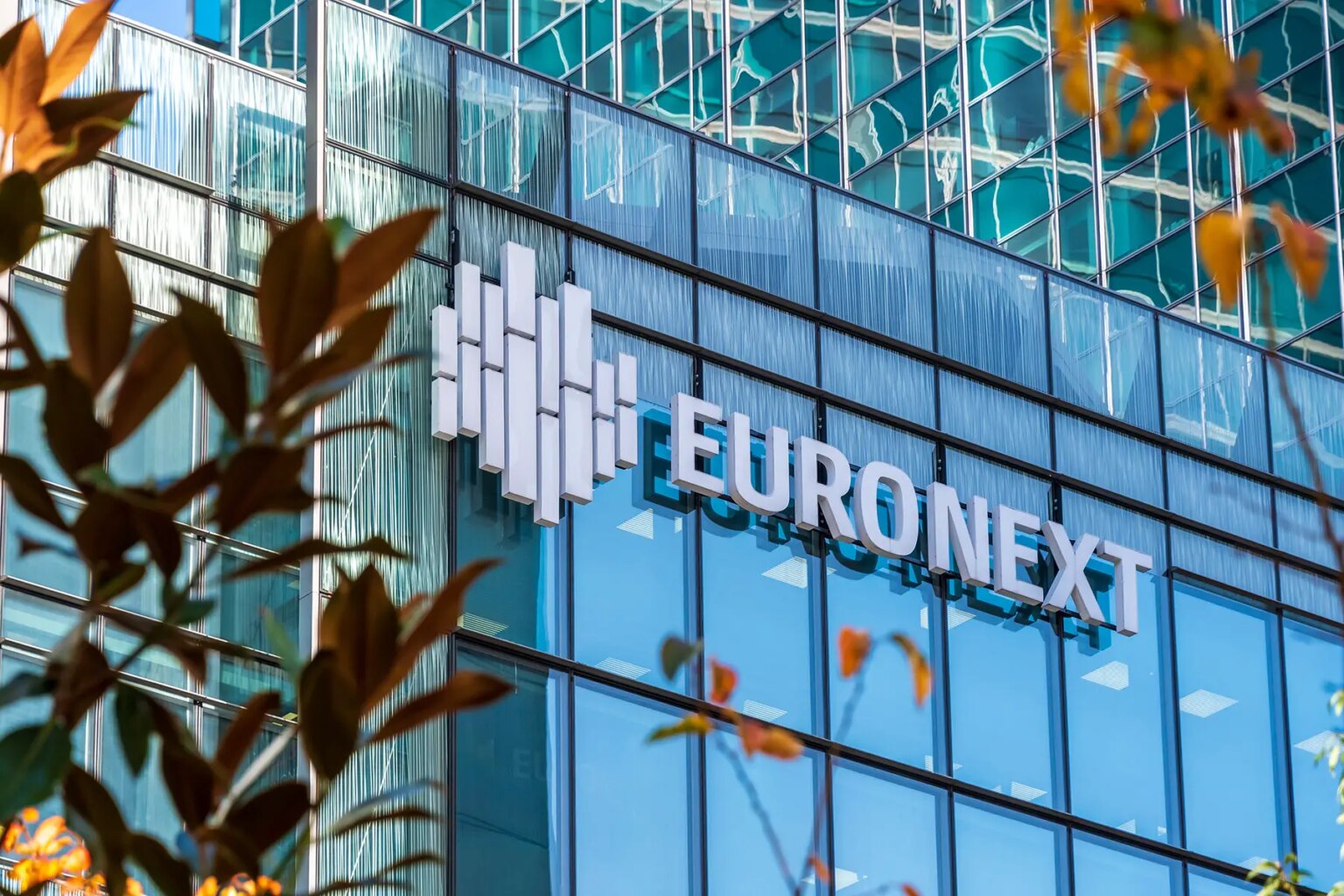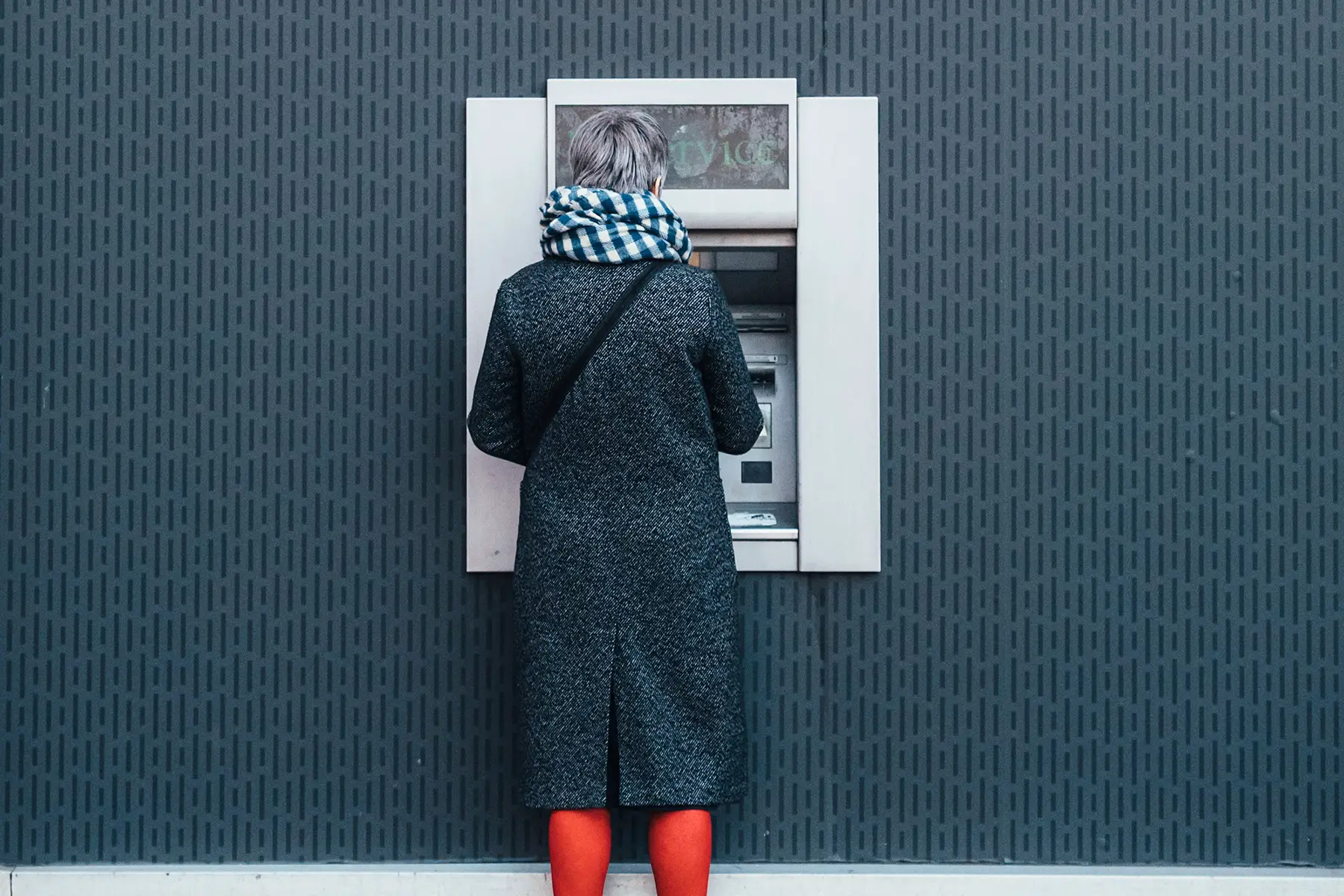With a strong market economy and robust financial regulations, France is an appealing country to relocate and move your money to. There are plenty of options to grow your funds, including high-interest bank accounts, stocks and shares, pensions, and life insurance. However, you’ll need to be aware of rules such as investment limits, tax implications, and restrictions on expats and non-residents.
Here’s all you need to know if you want to invest in France. Sections include:
- Investment in France
- Where can you get investment advice in France?
- What French savings investment account options are there?
- Pensions investments in France
- Can expats invest in the French property market?
- What business investment opportunities are there in France?
- Investment funds in France
- Investing in French stocks and shares
- How can you make offshore investments in France?
- Investing in cryptocurrencies in France
- Are there ethical and sustainable investment options in France?
- Other forms of investing in France
- How does taxation work on French investments?
- What is the best way to invest wisely in France?
- Useful resources
Fab Expat
Need advice on your French financial matters? Fab Expat’s expert network is on hand to guide you. Whether you need a tax lawyer, a property specialist, an insurance broker, guidance on investments, or help opening a bank account, their partners can advise on the process. Book a consultation with Fab Expat today.
Investment in France
As the world’s seventh-largest economy and home to many thriving global businesses, France attracts many investors. In fact, it’s been the top European country for foreign investment (PDF) for the past few years.
France has a pretty strong investment culture. There were around 1.5 million active stock market investors in the country at the start of 2023. France is a member of Euronext, the third-biggest stock market in the world, with a market cap of $7.2 trillion.
Investment through savings is also common. France has a gross savings rate of 23% of GDP, just below global and European Union (EU) averages. Other popular saving methods in the country include:
- Real estate
- Investing in businesses
- Life insurance

Foreigners looking to invest in France should note that although there are few restrictions on investment, levels of regulation are generally high, so you’ll need to do your research and follow administrative procedures. Mainstream investments are usually low-risk.
France uses the euro (€), one of the most stable and traded global currencies. The latest Organization for Economic Cooperation and Development (OECD) report predicts a GDP growth of 1.3% for 2025, although inflation remains high and living costs continue to increase.
Where can you get investment advice in France?
In France, most banks and financial advisors can inform you about investment options, risks involved, and tax issues. Firms such as Fab Expat provide English-language support.
If you seek advice from a French financial advisor, make sure that they are authorized to operate in the country by the Financial Markets Authority (Autorité des Marchés Financiers – AMF), which regulates the sector.
Appointment processes and costs can vary considerably between advisors. Most charge by the hour or for a full appointment.
What French savings investment account options are there?
Most high street banks in France offer savings account options. These vary between banks but typically include:
- General savings accounts (Livret) – easy access accounts with higher interest rates than current accounts
- Tax-free savings accounts (Livret A) – accounts which offer the additional benefit of not paying tax on profits
- Long-term savings accounts (Compte à Terme) – accounts that usually have higher thresholds, for example, minimum periodical deposits, where you need to give advance notice before making a withdrawal
- Securities accounts (Compte à Titre) – higher-yield accounts that allow you to invest in stocks, shares, and bonds
The advantage of these accounts is that they are safe, quite easy to open, and inexpensive to operate – any resident can open one, and some allow non-residents to. The government currently protects up to €100,000 of savings per individual in the event of banking problems.
Unfortunately, these types of accounts don’t offer a high yield. The current interest rate for Livret accounts is 3%. Furthermore, there are limits on tax-free deposits (currently €22,950 for Livret A accounts).
Pensions investments in France
The French pension system consists of three pillars:
- State pension (retraite de base) – paid by all workers in France and claimable by anyone that has made at least 10 years of social security contributions, with maximum payouts available for those that have contributed for at least 42 years
- Compulsory occupational pension (retraite complémentaire) – additional pensions paid by most workers in France and administered by industry bodies
- Voluntary supplementary pension (plan d’épargne retraite) – available through financial institutions such as banks and supplementary employer schemes
Private pensions in France are less widespread than in countries such as the US and the UK, mainly because state and compulsory occupational pensions pay out at a high income-replacement rate. However, they can be a good investment tool and are tax-deductible up to 10% of your annual income.
Can expats invest in the French property market?
Both residents and non-residents can invest in the French property market on the same terms. This includes buying a home to own, sell, or rent. However, getting a mortgage as an expat or non-resident can be more difficult. For example, you may need to pay a higher deposit or repay over a shorter term.
Property is a popular investment in France, and the market is secure and stable. In fact, 21.3% of foreign investment in France in 2020 was in real estate.However, it’s not a quick return and you’ll also have to factor in various costs and taxes.

Property prices in France were increasing steadily but have recently been falling. However, the picture varies across the country. They rose by 6.4% on average year-on-year in 2022. This was much higher outside of Paris than in the central region. The average rental yield for buy-to-let is 4.52% (2024), although, again, this varies across the regions and by property size and type.
Other property investment options include buying a new build or purchasing land to build a home. Whatever your decision, you’ll need to consider home insurance. This is compulsory in France for new builds and buy-to-let properties. Most French mortgage providers also require building insurance coverage.
What business investment opportunities are there in France?
Business investment opportunities in France include:
- Starting your own new business in France
- Setting up a French branch or subsidiary of an existing overseas company
- Investing in a French company to become an owner or majority shareholder
The French government encourages foreign business investment through various initiatives, including France 2030 and La French Tech, which supports startups.
If you start or invest in a business in France, you can benefit from a strong, competitive economy and a skilled labor force. However, you’ll need to account for relatively high corporate tax rates, high labor costs, and stringent labor laws.
You’ll also need a business visa and resident permit unless you’re a French or EU/European Free Trade Association (EFTA) citizen. This means demonstrating the viability of your business and its benefits to the French economy.
Investment funds in France
Investment funds allow you to buy a range of assets such as shares and bonds. They are offered by some high street banks and individual fund managers. They are generally lower risk than buying individual stocks and shares or managing your own portfolio.
Investment funds in France can be open-ended (involving a fluctuating number of shares priced daily according to net asset value) or closed-ended (fixed number of shares bought through an initial public offering). One of the most popular options is exchange-traded funds (ETFs), which are listed and traded on the stock exchange. Financial professionals typically manage funds for a fee, although you can also manage them yourself through an index tracker.
The AMF regulates investment funds in France. The Bank of France website provides information on the annual performance of different types of funds.
Investing in French stocks and shares
Buying stocks and shares is essentially investing in the future of a business. You can do this in France by buying shares of public limited companies listed on the stock exchange. Money is earned through either dividends or capital growth, the same as with investment funds.
Buying individual company stocks and shares yourself is more risky than going through a professionally managed investment fund, especially if you’re a novice. Still, it is cheaper as you don’t pay management fees. Many online investment platforms can walk you through the process.
The main stock exchange in France is Euronext, which deals in stocks for all the leading publicly listed companies in France. The FR40 is the main price index, tracking the value of the top 40 French companies.
If you want to invest in stocks and shares in France, you can do so independently through an online broker or use a professionally managed ETF. You can also open a Plan d’Epargne en Action (PEA) account with many French banks, which offers favorable tax conditions.
How can you make offshore investments in France?
You can make offshore investments from abroad if you have a French bank account as a non-resident. Several national and international banks in France offer savings accounts to those based outside the country.
Offshore accounts can offer advantages such as lower tax rates, multi-currency transfers, and other cross-border services, although this depends on how the banking situation in your home country compares to France. Bear in mind that these accounts often require higher initial deposits than regular bank accounts.
Investing in cryptocurrencies in France
Cryptocurrency is a form of alternative digital investment that exists outside the mainstream financial sector. You don’t need a bank account or even a residence permit to trade in these currencies. However, investment comes with higher risks due to market volatility.
Investment in these currencies is growing in popularity in France. Around 8% of the population has already invested, and around 30% has expressed interest in doing so in the future (2022). However, with over 23,000 different currencies in circulation globally, it can be a tricky form of investment to navigate without the right advice. Bitcoin and Ethereum are the two most popular currencies with French investors, and Tether and Ripple are also popular.

Cryptocurrency regulation has improved significantly in France in recent years. The AMF works with the Association for the Development of Digital Assets (Association pour le Développement des Actifs Numériques – ADAN) to improve the cryptocurrency industry in France.
If you want to trade in cryptocurrencies in France, there are several exchanges where you can do so. Popular sites include Bybit, Binance, and KuCoin.
Are there ethical and sustainable investment options in France?
Ethical and sustainable investment has become an important concept in many countries in recent years, including France. Many companies now have Corporate Sustainability Responsibility (CSR) strategies and Environmental and Social Governance (ESG) policies, with some tailoring products to meet this growing demand.
France is a member of the Global Steering Group (GSG) on impact investing, and French impact investment has increased five-fold over the past five years. According to research, 63% of French people think ethical and environmental issues are important when choosing where to invest. Enterprises with a social purpose now make up 10% of the French economy (2019).
One of the best forms of eco-friendly investment is the green bond. The French government was the first in the world to issue green bonds in 2017, using money raised for projects to tackle climate change and fund environmental preservation. France has also created the Socially Responsible Investment (SRI) Label (in French), which is awarded to investment funds that meet certain ethical standards.
You can also check individual company ratings and performance on sites such as CSR Hub or Standard Ethics. Top performing financial companies in France include Crédit Agricole and BNP Paribas, which both feature among FinTech’s top 10 sustainable banks in the world. Other companies highlighted in the latest GSG report (2019) include Crédit Coopératif and AXA.
Other forms of investing in France
There are various other ways to invest your money in France. One of the most common for French residents is through life insurance (assurance vie). Many insurance providers in France offer tax-efficient plans that can be a great way to grow your wealth and maximize the nest egg left to loved ones in the event of your death.
Additionally, there are numerous markets worth investing in if you have the money for the initial outlay. These include gold and other precious metals, art, and wine. Speak to a French financial advisor to discuss how best to grow your funds.
How does taxation work on French investments?
If you make money on investments in France, you may have to pay tax on profits. French taxes include:
- Income tax – French residents pay tax on worldwide income, whereas non-residents are only liable to French tax on income made in France. This is a progressive tax depending on income.
- Capital gains tax – a flat-rate tax payable on profits made from the sale of property or shares.
- Property taxes – if you own property in France, you pay an annual property tax (taxe foncière) based on rental value plus a real estate wealth tax (Impôt sur la Fortune Immobilière) if the net worth of your real estate assets is above a certain threshold.
- Corporation tax – paid on business profits if you own a limited company.
- Inheritance tax – paid on assets left to beneficiaries in a French will.
However, some investment income is tax-free. For example, interest made on a Livret A or PEA savings plan up to a certain annual threshold. In addition, life insurance policies are a way of protecting against inheritance tax when transferring assets after death.
It’s advisable to speak to a tax expert in France who can help you make the most of your investments.
What is the best way to invest wisely in France?
Although investments can be a great way of growing your income, they carry risks, and you can lose as well as gain. Because of this, it’s important to do your research before deciding to invest. Here are some useful basic tips to follow:
- Start off with low-risk investments if you are a new investor or don’t have experience with the French market. These could include simple savings accounts or tried-and-tested investment funds.
- Never invest more than you can afford to lose. This will help protect you if you end up making a decision that doesn’t pay off.
- Seek advice from financial experts or those with good investing experience.
- Diversify your investments rather than putting everything in one pot.
For some introductory advice, read about investing as a hobby and investing money wisely abroad.
Useful resources
- Invest In France – government website on business investment in France
- Euronext Paris – the biggest stock exchange in France
- OECD – latest economic forecasts for France
- Financial Markets Authority (Autorité des Marchés Financiers – AMF) – regulator of financial services in France







